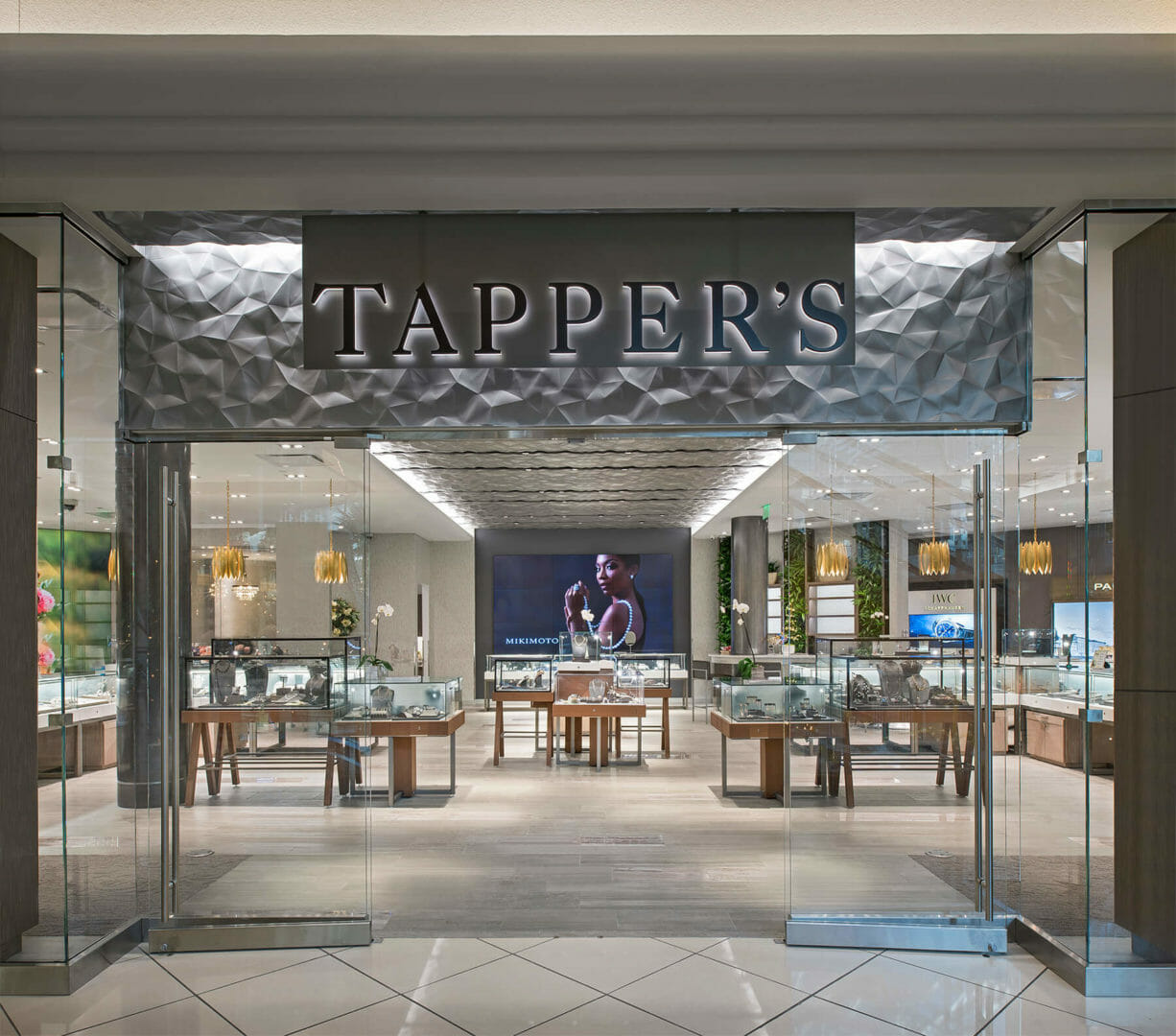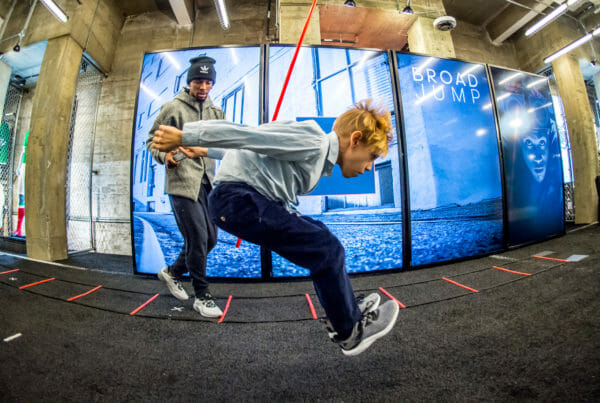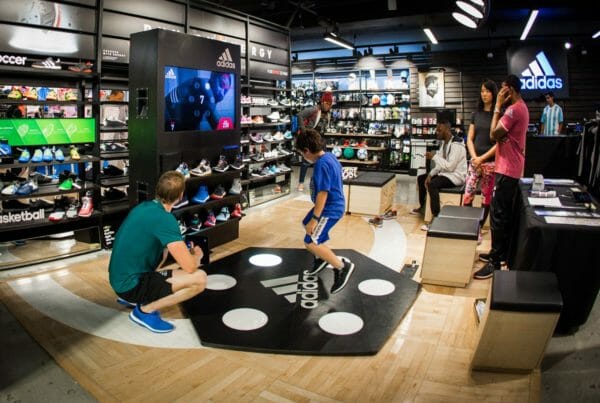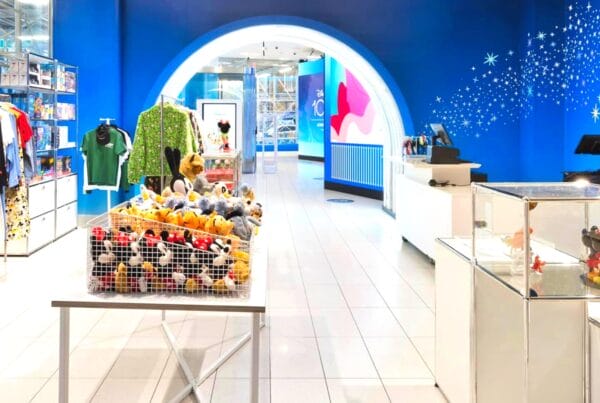Retail marketing is crucial for any brick-and-mortar business to drive customers into your store. However, simply focusing on BOGOs and 50% off sales is not the most effective shopper marketing strategy. These days, customers are looking for more than the best deal. They’re looking for data-driven retail strategies that feature heavy personalization.
When shoppers enter a brick-and-mortar store, they are looking for an overall customer experience. Otherwise, they would simply order the product online from your company website or from a large online retailer like Amazon. There’s no debate at this point that e-commerce is changing the retail landscape, but those retailers that adapt and influence shopper behavior in-store through the use of data analytics and technology will undeniably be the retailers that not only survive but thrive in this new version of the retail industry.
The combination of retail fixturing along with data-driven retail marketing is key to effective advertising and watching revenue increase over the quarter. A data-driven retail business measures all possible aspects of the business, analyzes the data to determine how it aligns with business objectives, and helps to make business decisions that deliver the highest value possible to every customer.

1. Customer-First Model
Retail marketing is typically focused and driven by a business’ structure instead of what provides the greatest value to customers. Data collection must be organized and utilized in such a way that the customer is prioritized above the business’ structure. You must also identify the most profitable customers to invest in with regards to in-store shopper marketing campaigns.
2. Cross-Channel Decision-Making
Retail fixturing in the store must be backed by data with actionable insights. Mapping how customers move through the store and select products will provide the data businesses need to make the most informed strategic decisions. Store managers and associates must be presented with the data of the customer journey the business has collected to ensure everyone is on the same page.
3. Data-Driven Interactions
Pricing and promotions in the store must be driven by customer data. Last year’s holiday sales and inventory logs are a good starting point. Using Bluewater’s digital signage and kiosks can help drive promotion messages throughout the store.
4. Customer Data Platforms
Utilize customer data platforms to fully understand the customer. This data can be used to create real-time, in-store personal experiences that help your customers better connect with your brand. Retailers who use this data can expect to see their retail marketing effectiveness rise.
5. AI Technologies
To become a data-driven retail business, you must utilize technology that allows you to fully understand your customers when they are in the store to create customer profiles. Real-time data can be collected and Artificial Intelligence technology can provide real-time responses to their activities using predictive analytics and machine learning. Kiosks, tablets, and other technologies can be added to the store to fully enhance the customer’s in-store experience so they can better connect with your brand.

6. Personalized In-Store Customer Experiences
Customers desire instant gratification, which may be one of the driving forces behind their decision to visit a brick-and-mortar store instead of clicking “add to cart” from the comfort of their couch. Customers crave in-store experiences that make them feel important and connected to the brand.
Associates should be part of shopper marketing by recommending various products for the customer. Instead of listing off a laundry list of sale items, the associate should listen to what the customer needs and provide personalized recommendations.
7. Customer Loyalty Programs
Customers have a plethora of brands they can go to for the product they desire. When they feel appreciated by the store they walk into, they are more likely to stay loyal to your brand. Customer loyalty programs are an effective retail marketing strategy that improves customer acquisition.
Loyalty programs that provide specific sales to loyal customers and provide a small percentage off of every purchase provide a mutually beneficial relationship between the customer and the brand.
8. Experimentations With New Ideas
Customers will often remain loyal to brands. However, they will want something new that keeps their interest and still makes them feel wanted and appreciated. A healthy experiment with new, fun ideas that engage the customer and provide an exceptional in-store experience can help keep customers loyal to your brand.
Adding in various retail fixturing from Bluewater, like LED lighting and digital signage, can capture the attention of your customers. Classes, product demos, and other in-store activity participation can be used to determine if the experiment was a success.
The data driving your shopper marketing combined with eye-catching AV technologies will help your customer better connect with your brand. Contact Bluewater today to learn how we can emphasize your retail marketing.











